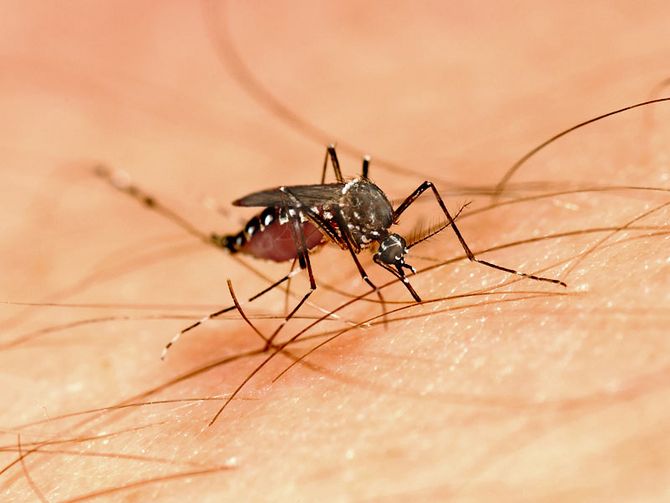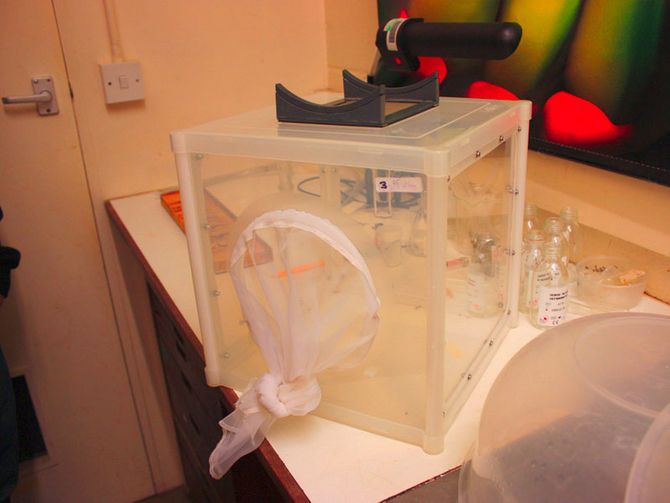Am I attractive? / The research
About 2.7 million people die from malaria each year, commonly transmitted through the bite of an infected mosquito.
Malaria can be reduced by preventing mosquito bites. However, some of the key strategies in the fight against mosquitoes – insecticides – have become almost obsolete as the insects gain resistance to the chemicals.
Female Anopheles species mosquitoes are the only vector of malaria parasites, as they feed on human blood to fuel the production of eggs. Scientific studies have demonstrated that some people are more attractive to mosquitoes than other.
The research at Rothamsted Research aims to identify which compounds in the human scent naturally repel mosquitoes. Those compounds could potentially make humans odourless to mosquitoes. The aim of the research is to develop new methods to tackle malaria.
Dr. James Logan team uses various techniques in their research including field and laboratory-based behavioural experiments, coupled gas chromatography-electroantennograms (GC-EAG), coupled GC-single-cell (GC-SCR) and analytical chemistry (including GC and GC-MS).





